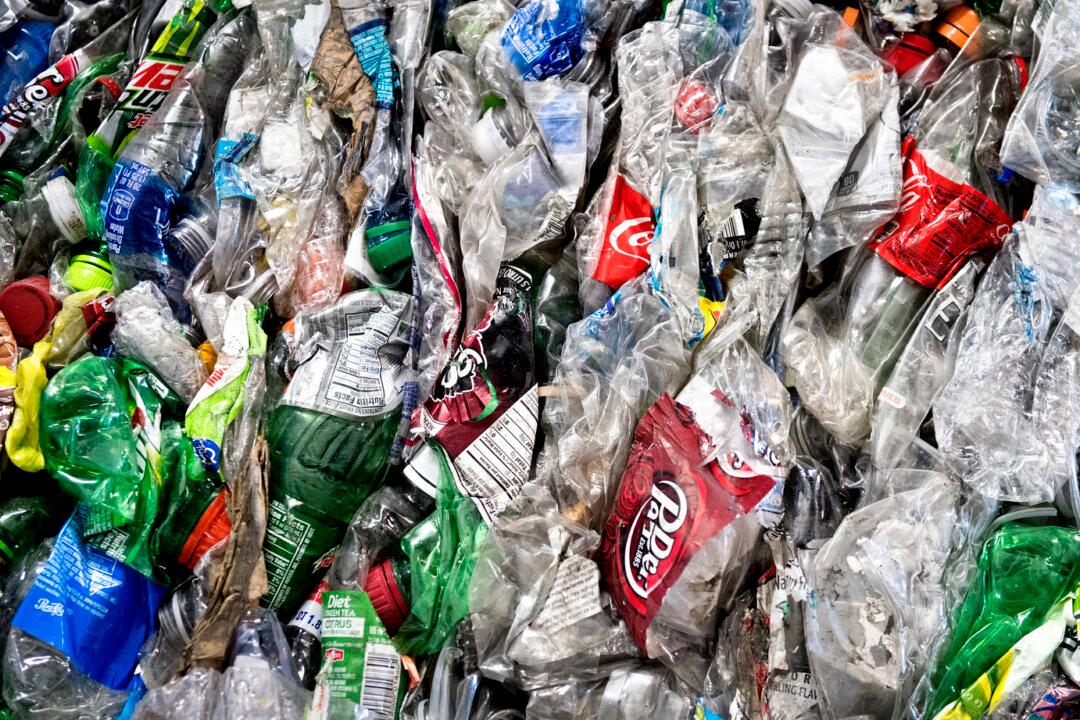An enzyme that can chemically break down bottles and packaging that typically take centuries to degrade may be able to clean up billions of tons of plastic at landfills and other polluted sites, according to researchers at the University of Texas.
Engineers and scientists at the university’s Cockrell School of Engineering and College of Natural Sciences created the “plastic-eating enzyme” using a machine learning model to generate novel mutations to a natural enzyme called PETase.




